Expert paver installation that enhances your property value and creates lasting outdoor living spaces you’ll actually use.
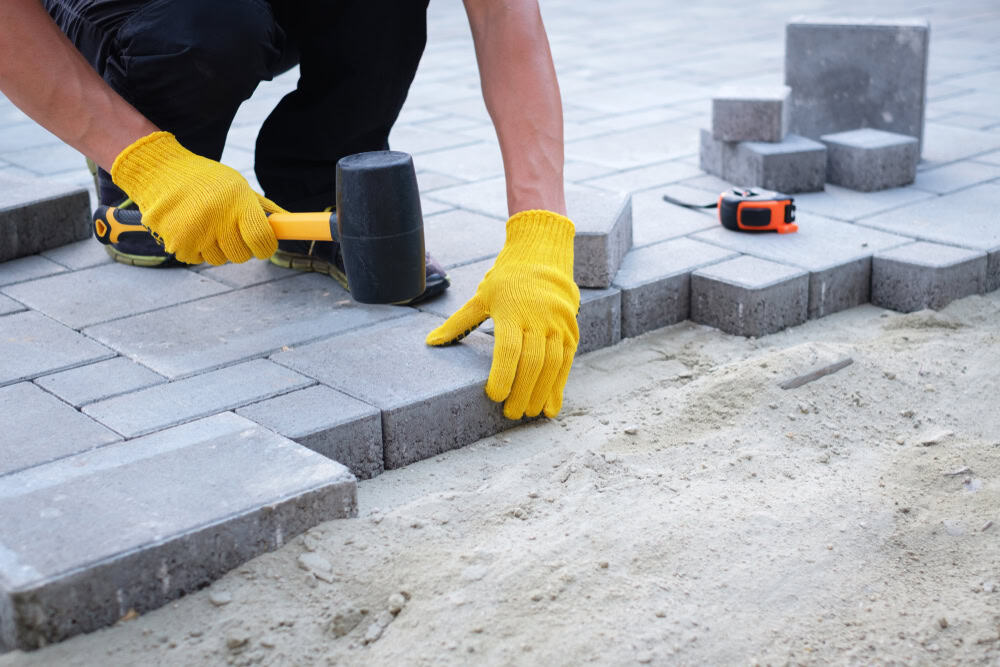
Hear from Our Customers
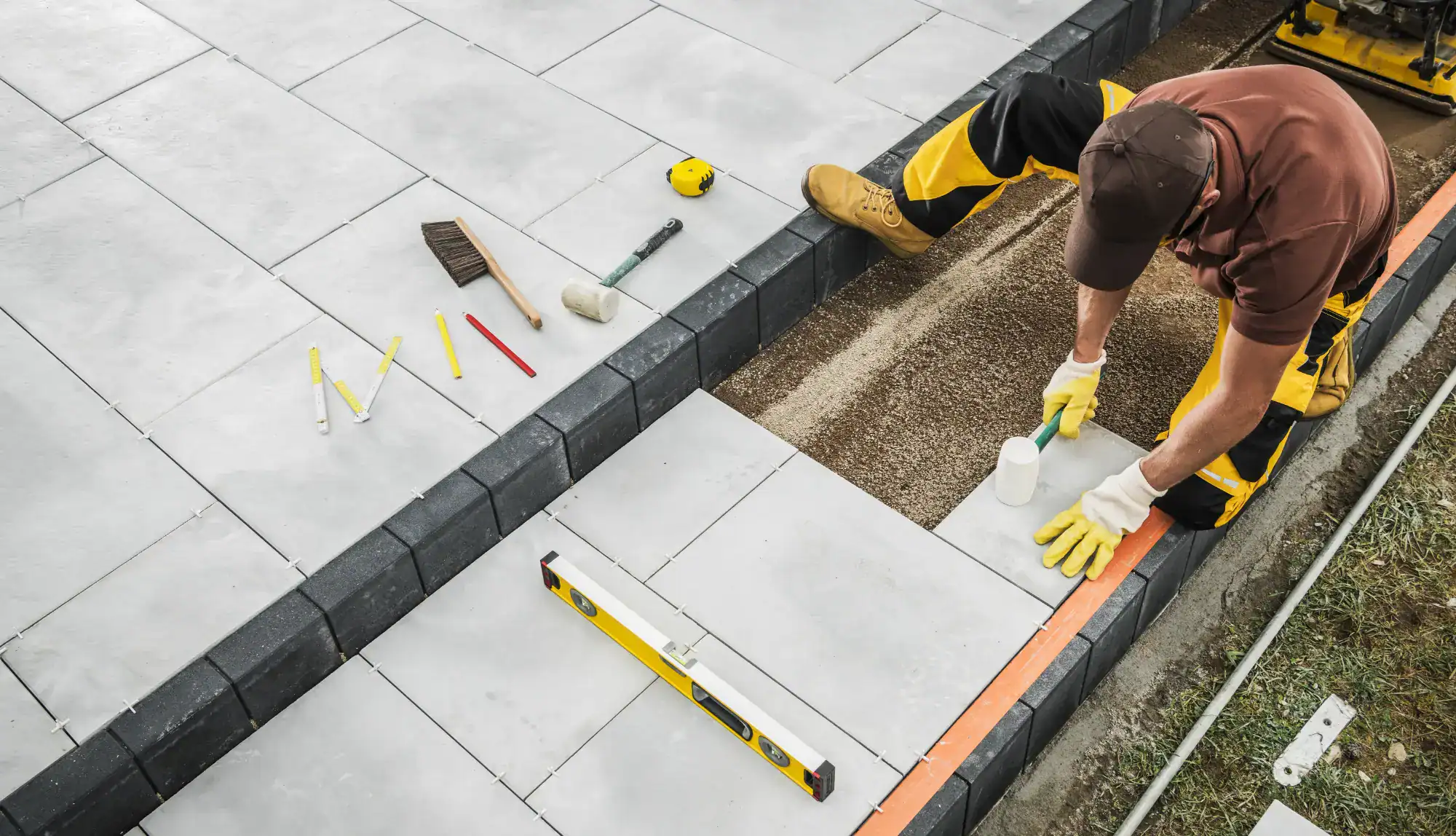
Your backyard should be more than just grass and concrete. With professional paver installation, you get a durable, beautiful surface that handles everything from family barbecues to entertaining guests.
No more worrying about cracks, uneven surfaces, or water pooling. No more avoiding your outdoor space because it’s not functional. Just clean, level surfaces that look great year after year.
When done right, paver patios and walkways become the foundation for how you actually live outdoors. They’re built to last, designed to drain properly, and installed with the kind of attention to detail that prevents the headaches other homeowners face.
We have been serving Bellerose homeowners for over 25 years. We understand what works in this area – from dealing with Long Island’s soil conditions to creating outdoor spaces that complement the character of established neighborhoods.
Our approach is straightforward: proper preparation, quality materials, and skilled installation. We’ve seen too many paver jobs fail because contractors cut corners on the base preparation or used inferior materials.
In Bellerose, where property values average over $860,000, homeowners expect work that matches their investment. We deliver masonry and paver services that enhance both the function and value of your property.
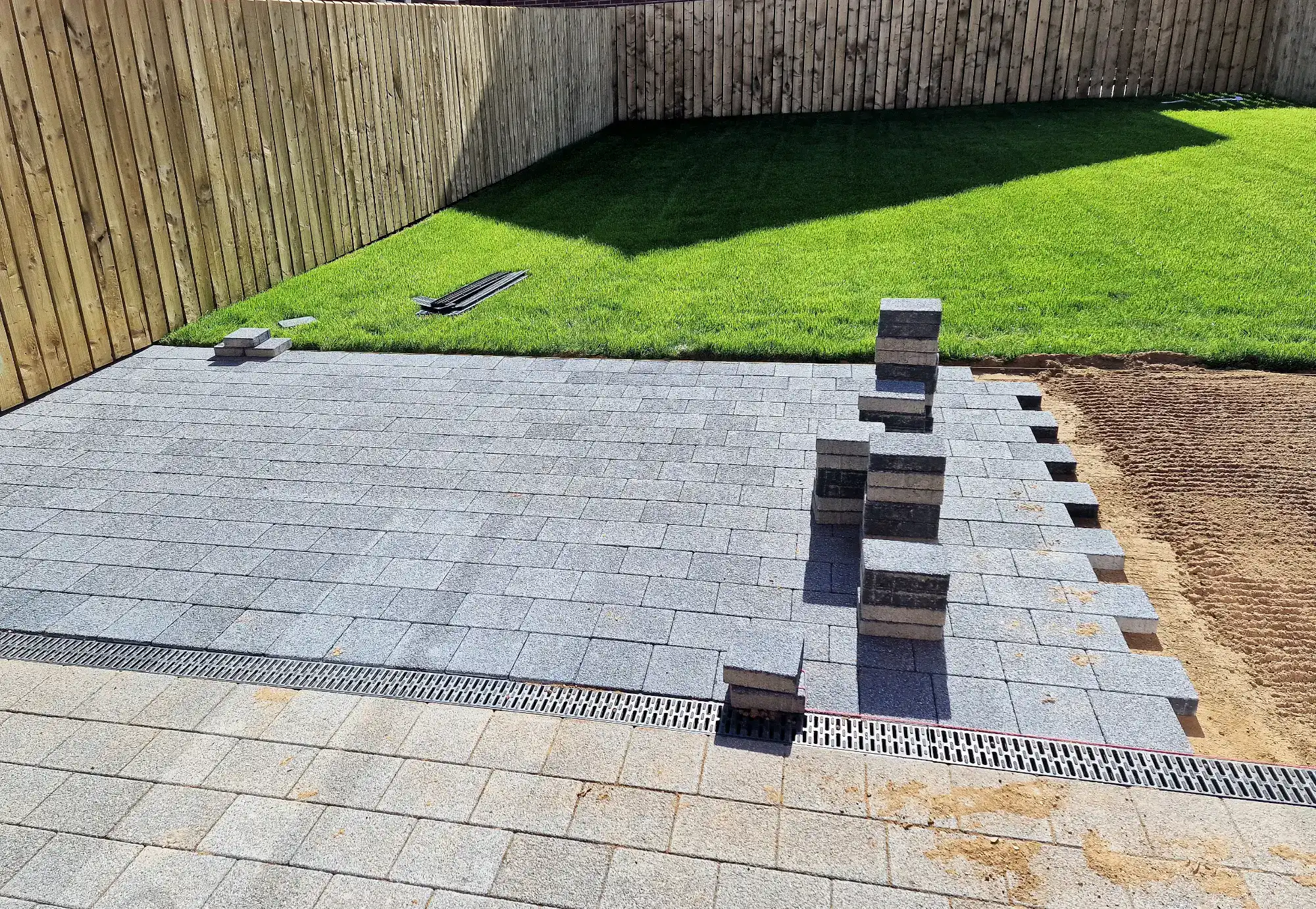
First, we excavate to the proper depth – typically 6 to 8 inches depending on your soil and intended use. This isn’t where you want to cut corners. Shallow excavation leads to settling and uneven surfaces later.
Next comes the base preparation. We use compacted crushed stone, not sand or dirt. Each layer gets properly compacted with professional equipment. This foundation determines how your pavers will perform for decades.
Then we install edge restraints to keep everything in place, lay the pavers with precise spacing, and finish with polymeric sand that locks everything together. The final step is a thorough cleanup and walkthrough to ensure everything meets our standards.
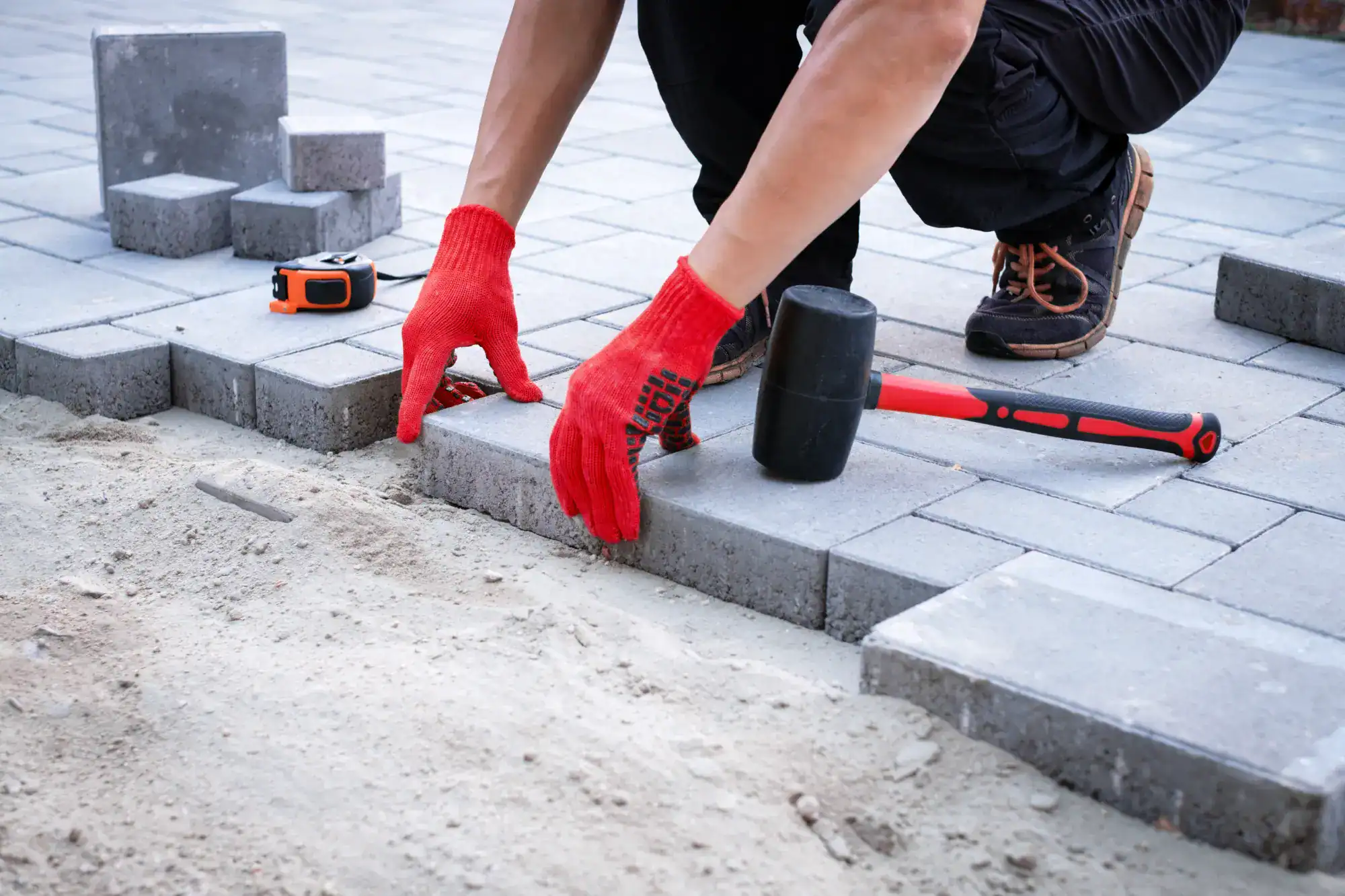
Ready to get started?
Our paver installation service includes complete site preparation, professional-grade base materials, and skilled installation that follows industry best practices. We handle everything from initial excavation to final cleanup.
For Bellerose homeowners, this means paver surfaces that handle our climate – from winter freeze-thaw cycles to summer heat. We use materials and techniques that work specifically in Long Island conditions.
You also get proper drainage design. Many paver problems stem from water issues that could have been prevented with correct grading and drainage planning. We ensure water flows away from your home and doesn’t pool on your new surfaces.
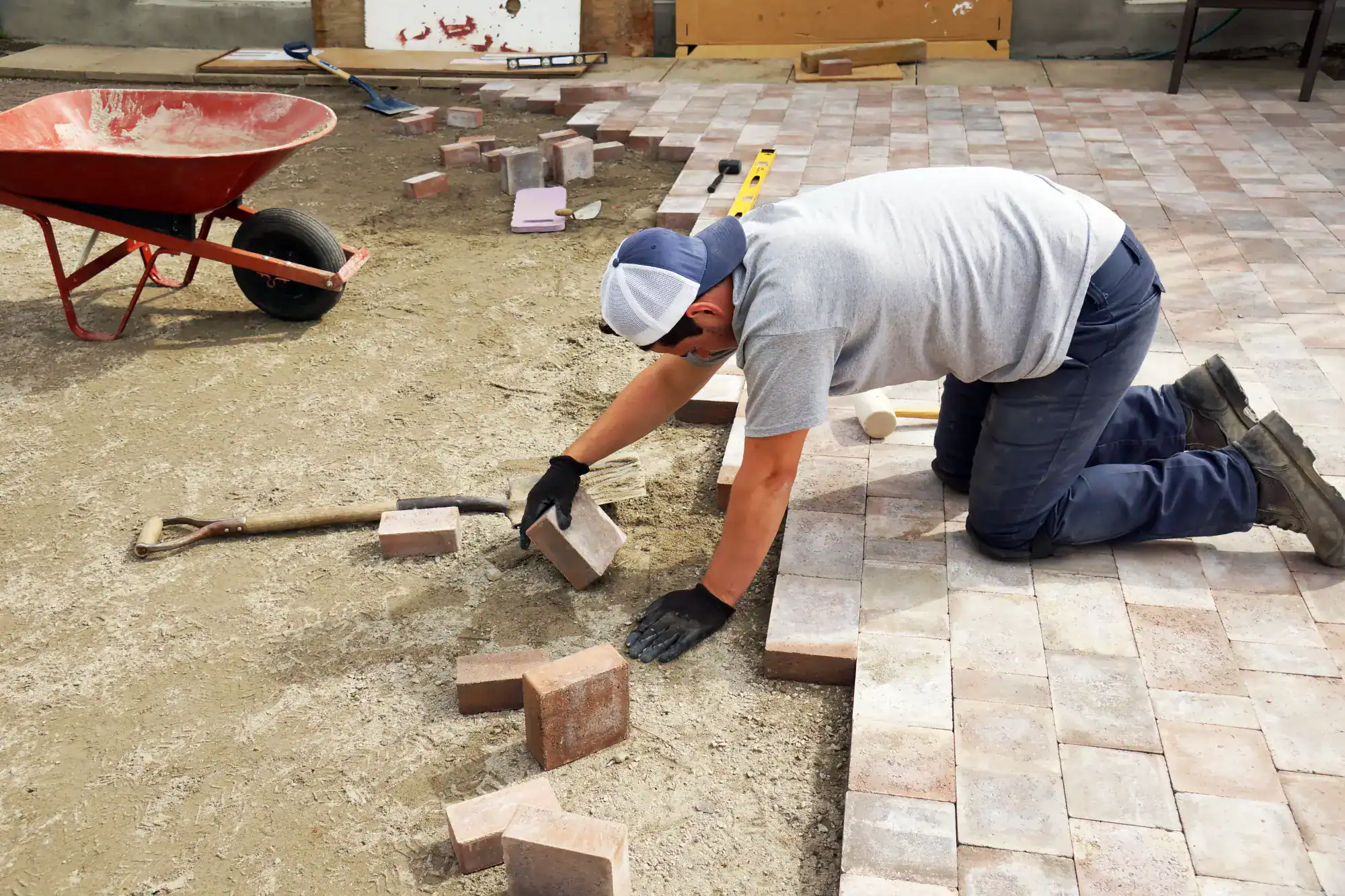
Ready to Fix That Masonry for Good?
Let’s talk about your project. No pressure, just honest answers and a quote you can count on from Nassau County’s trusted masonry professionals.

Company
Links